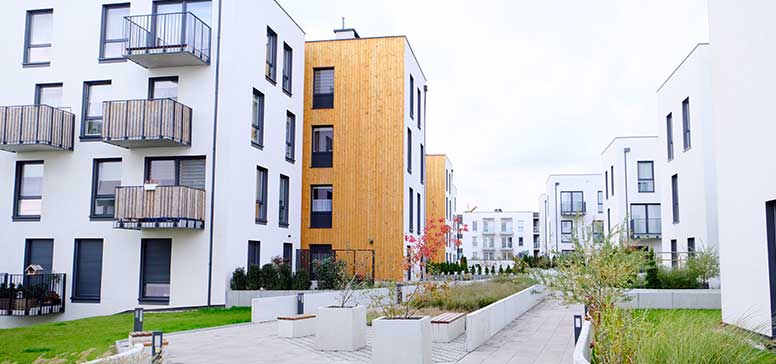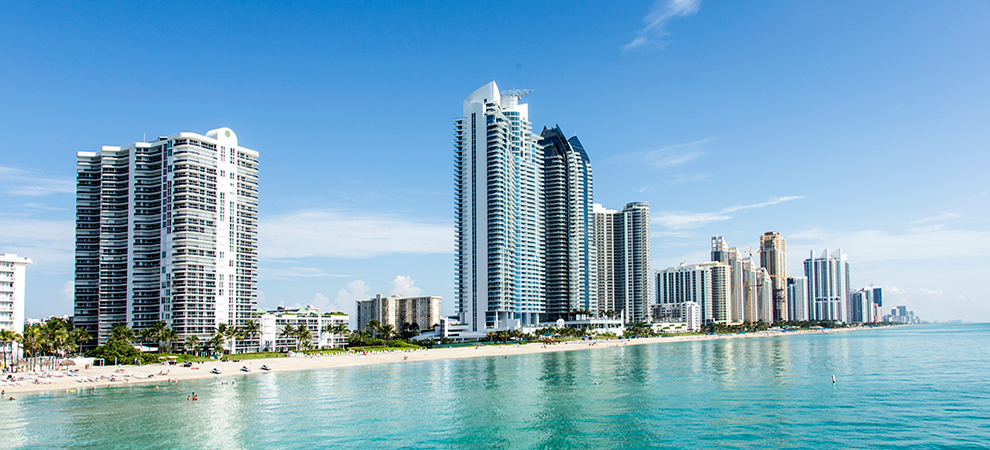What to Expect from Your HOA Condo Organization
What to Expect from Your HOA Condo Organization
Blog Article
The Function of an HOA in Establishing and Enforcing Community Guidelines for Residents
The duty of a Homeowners Association (HOA) in enforcing and developing neighborhood standards is essential to keeping a natural and organized household environment - hoa condo. By developing clear rules that regulate elements such as home maintenance and community conduct, the HOA not only establishes criteria for residents however also promotes a sense of belonging and responsibility. However, the implementation of these guidelines can present numerous obstacles, questioning regarding area, justness, and communication interaction. As we check out these complexities, it ends up being obvious that the influence of an HOA expands far beyond simple rule enforcement.
Recognizing Home Owners Organizations
Homeowners associations (HOAs) offer as controling bodies for household areas, playing a critical function in keeping residential property values and promoting a feeling of neighborhood. Normally formed by programmers, HOAs are made up of homeowners within a designated location who elect a board to oversee the association's tasks. The main features of an HOA include implementing community rules, managing usual locations, and organizing neighborhood occasions.
HOAs run under a collection of regulating papers, including constraints, commitments, and conditions (CC&R s), which describe the rights and obligations of house owners. These guidelines aim to ensure that residential properties are maintained to a certain standard, thereby securing the aesthetic appeal and general worth of the neighborhood. Additionally, HOAs often collect fees from home owners to money maintenance, landscaping, and other area services.
The presence of an HOA can considerably affect the living experience within a community (hoa condo). While some citizens appreciate the organized atmosphere and features given, others might find specific regulations limiting. Stabilizing the passions of all homeowners is essential for an HOA to operate efficiently, making certain that it offers its desired function of enhancing neighborhood living while valuing private homeowner rights
Creating Community Guidelines

To begin, an HOA ought to carry out studies or convene that enable residents to voice their problems and suggestions. This participatory process promotes a feeling of possession and boosts conformity. Next off, the HOA board should evaluate the responses to recognize common motifs and top priorities that require formal incorporation in the standards.
It is likewise necessary to make sure that the standards are clear, concise, and quickly comprehended. Obscurities can bring about conflicts and misconceptions, undermining the objective of the standards. Furthermore, the guidelines ought to be comprehensive, covering different elements of community living, including residential or commercial property maintenance, noise degrees, and use common areas.
Enforcement of Policies
Reliable enforcement of neighborhood policies is important for keeping order and guaranteeing that read here all locals follow the established guidelines. An HOA must implement a structured technique to apply these regulations, which usually includes a mix of monitoring, interaction, and charges for non-compliance.
First, routine examinations and community patrols can aid identify violations, making sure that rules are regularly applied across the area. This aggressive tracking allows the HOA to resolve issues before they rise, promoting a feeling of accountability among citizens.
2nd, clear communication is crucial. Homeowners must be notified of the policies and the check my reference procedures for reporting infractions. An open line of communication motivates locals to voice concerns and seek explanation on guidelines, which can enhance compliance.

Lastly, when infractions happen, the HOA should enforce consequences as laid out in the regulating records. This may include cautioning letters, penalties, or, in serious cases, legal activity. It is essential that charges are applied fairly and constantly to keep trust within the community. By effectively implementing policies, an HOA can grow an unified living environment that mirrors the cumulative values of its citizens.
Benefits of HOA Laws
Various advantages develop from the execution of HOA policies, which offer to enhance the lifestyle within a neighborhood. One main benefit is the maintenance of building worths. By enforcing criteria for visual appeals and upkeep, HOAs guarantee that homes and usual areas stay attractive, cultivating a desirable living setting that can lead to boosted residential or commercial property values with time.
In addition, HOA laws advertise consistency and harmony within the community. This comprehensibility in design and maintenance aids to develop a feeling of belonging amongst residents, contributing to community satisfaction and a favorable ambience. Established guidelines help with problem resolution among neighbors by supplying clear assumptions and protocols for check this behavior, thereby lessening conflicts.
Another considerable advantage is the provision of shared facilities and solutions. Several HOAs manage neighborhood centers such as pools, parks, and clubhouses, which improve leisure opportunities for residents. These facilities not just enhance the quality of life yet likewise encourage social communication.
Ultimately, the guidelines stated by an HOA grow an efficient, unified community, making sure that citizens enjoy a high criterion of living while cultivating an encouraging atmosphere for all property owners.
Usual Challenges Faced by HOAs
In the middle of the advantages that homeowners associations (HOAs) can offer, they also come across a selection of challenges that can hinder their efficiency. Many property owners may not get involved in conferences or community tasks, leading to a disconnect between the HOA board and locals.
Another difficulty is the enforcement of regulations and guidelines. Disputes can occur when homeowners feel that enforcement is irregular or prejudiced, potentially causing conflicts within the area. Additionally, HOAs typically encounter monetary restrictions, which can limit their capability to keep usual locations or fund neighborhood projects. This can produce frustration amongst residents who expect high criteria of upkeep.
Moreover, navigating lawful intricacies can be discouraging for HOAs. They need to ensure conformity with state legislations while handling their very own controling files, which can be a resource of confusion. Changing demographics and advancing community needs call for HOAs to adapt their guidelines, usually satisfying resistance from enduring citizens that are accustomed to conventional norms. Addressing these difficulties is critical for promoting a successful and harmonious community.
Conclusion

By creating clear policies that regulate aspects such as property upkeep and neighborhood conduct, the HOA not just sets criteria for homeowners but also fosters a sense of belonging and liability.Homeowners organizations (HOAs) offer as regulating bodies for household communities, playing a critical function in maintaining home worths and cultivating a sense of neighborhood. Numerous house owners might not get involved in conferences or neighborhood tasks, leading to a detach between the HOA board and citizens. Altering demographics and advancing area needs require HOAs to adapt their guidelines, frequently satisfying resistance from long-standing residents that are accustomed to traditional norms. Through the growth of clear policies and constant enforcement, HOAs advertise home maintenance, area satisfaction, and trust fund among residents.
Report this page